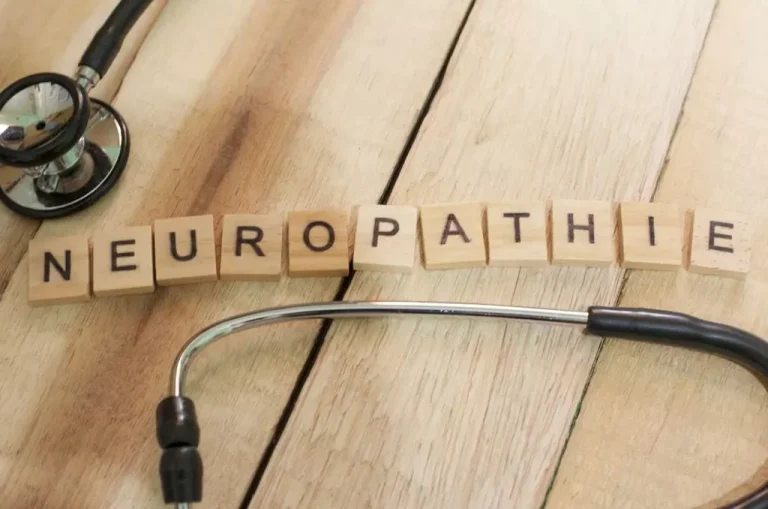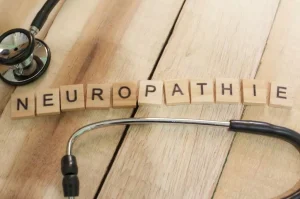
Often times, people will develop a slight psychological dependence during this stage of alcoholism. Unfortunately, for some people, even moderate drinking is not safe. People with a family history of addiction or a mental health disorder may be at a higher risk of alcoholism. Other factors that increase someone’s risk of alcohol misuse include their early use of alcohol, peer pressure to drink, or a lack of family involvement in their lives, particularly from a young age.

Recovery
We may be paid =https://ecosoberhouse.com/ a fee for marketing or advertising by organizations that can assist with treating people with substance use disorders. Individuals are on the brink of alcohol use disorder, with drinking firmly rooted in their daily routines. Despite awareness of the adverse effects, there is a struggle to abstain from alcohol. Licensed medical professionals review material we publish on our site.
Regular Binge Drinking

Addiction Resource is an educational platform for 5 stages of alcoholism sharing and disseminating information about addiction and substance abuse recovery centers. Addiction Resource is not a healthcare provider, nor does it claim to offer sound medical advice to anyone. Addiction Resource does not favor or support any specific recovery center, nor do we claim to ensure the quality, validity, or effectiveness of any particular treatment center. No one should assume the information provided on Addiction Resource as authoritative and should always defer to the advice and care provided by a medical doctor.

What is a Functioning Alcoholic & What are the Risks?
- Alcoholism is isolating; finding a community of people who understand what you’re going through can make recovery easier.
- Often times, this occurs during a person’s teen years or early adulthood.
- E. Morton Jellinek, a pioneer in the study of alcohol abuse and dependence, suggested “progressive phases of alcoholism” in 1950, which led to the Jellinek curve, which is still widely used.
- By understanding these stages, inidividuals and their loved ones can identify signs early on, empowering them to make informed decisions about getting the help they need.
- Often times, people will develop a slight psychological dependence during this stage of alcoholism.
When a person is struggling with alcoholism, there are often other underlying issues and conditions that feed into their behaviors. Many people with addiction have co-occurring mental health disorders that further impair them and impact their alcohol use. Alcohol may be used to cope with the other stressors in their life, but that doesn’t result in anything positive. amphetamine addiction treatment Everyone who experiences substance abuse, including alcohol and drug abuse, deals with it in their own unique way, which can make identifying someone with alcoholism or addiction difficult. Not everyone who drinks develops alcoholism, and there are people out there that may be more at risk of developing it than others. The primary symptoms of stage four include all-consuming alcohol use, health problems, and dangerous withdrawal symptoms.
- Instead of just drinking at parties once in a while, you may find yourself drinking every weekend.
- While some of the effects of alcoholism can be permanent, treatment often results in a full recovery.
- Outpatient treatment is less intensive than inpatient treatment or partial hospitalization programs.
- It’s common at this point for alcoholics to have lost their jobs as well their friends and family.
Sunshine Behavioral Health strives to help people who are facing substance abuse, addiction, mental health disorders, or a combination of these conditions. It does this by providing compassionate care and evidence-based content that addresses health, treatment, and recovery. As you progress through the stages of alcoholism, there is a good chance that you will begin to experience problems. Or, maybe your partner will break up with you because you would rather party than spend time together. In this stage of alcoholism, you still may not realize that you are becoming dependent on alcohol or have already become dependent on it. Even experiencing some problems may not be enough to really see your problems and admit that they exist.


